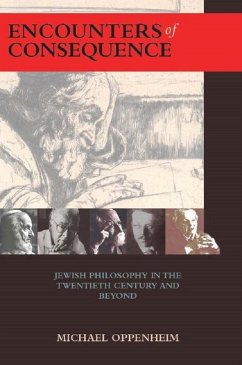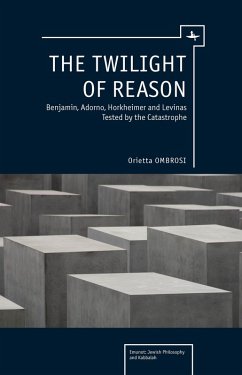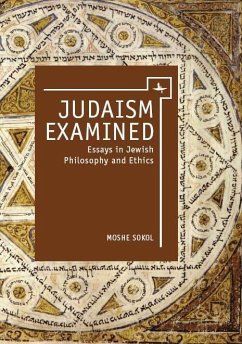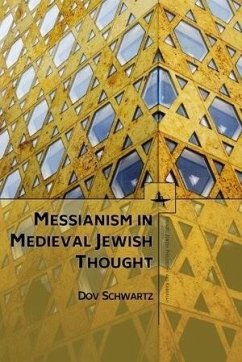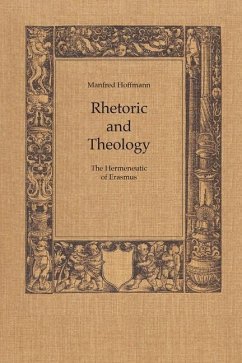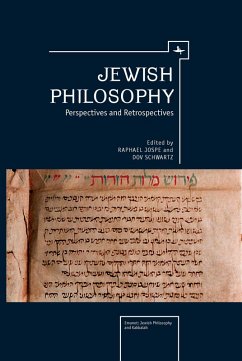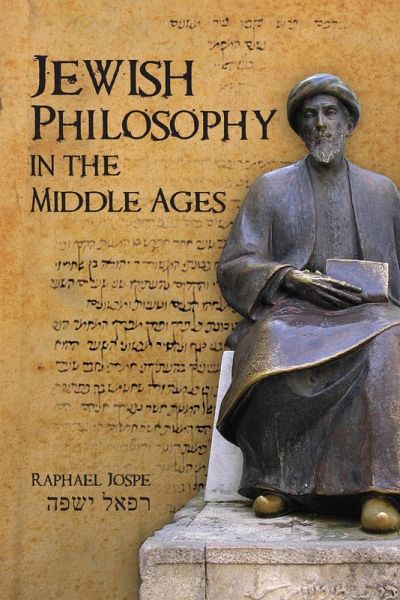
Jewish Philosophy in the Middle Ages (eBook, PDF)
Versandkostenfrei!
Sofort per Download lieferbar
130,95 €
inkl. MwSt.
Weitere Ausgaben:

PAYBACK Punkte
0 °P sammeln!
Raphael Jospe teaches Jewish Philosophy at Bar Ilan University and the Hebrew University of Jerusalem and served as the editor of the Jewish Philosophy Division of the Encyclopaedia Judaica (2nd edition). His publications include a 3-volume Hebrew history, Jewish Philosophy In the Middle Ages, Torah and Sophia: The Life and Thought of Shem Tov ibn Falaquera and a 2-volume collection, Jewish Philosophy: Foundations and Extensions.
Dieser Download kann aus rechtlichen Gründen nur mit Rechnungsadresse in A, B, BG, CY, CZ, D, DK, EW, E, FIN, F, GR, HR, H, IRL, I, LT, L, LR, M, NL, PL, P, R, S, SLO, SK ausgeliefert werden.




